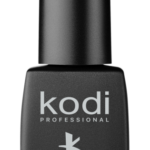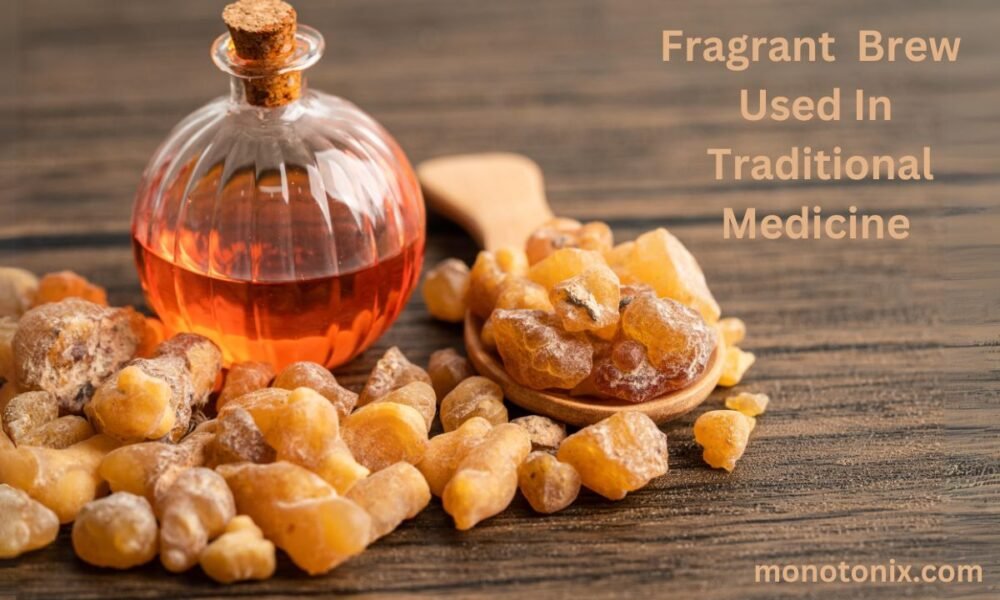Introduction
Fragrant Brew Used In Traditional Medicine
Imagine a fragrant brew that not only delights your senses but also offers a treasure trove of health benefits. Welcome to the world of tea—a centuries-old elixir that has been revered in traditional medicine for its healing properties. Whether you are a holistic wellness seeker or a tea lover, this guide will take you on a fascinating journey through the uses, benefits, and history of tea in traditional medicine. By the end of this post, you’ll gain valuable insights into how this aromatic beverage can enhance your well-being.
The Origins of Tea
Tea’s rich history dates back thousands of years, with its origins deeply rooted in ancient China. According to legend, Emperor Shen Nong discovered tea in 2737 B.C. when leaves from a wild tea tree blew into his pot of boiling water. The resulting infusion captivated him with its refreshing taste and invigorating effects. From there, tea’s popularity spread across Asia and eventually the world, becoming a staple in traditional medicine practices.
Types of Tea and Their Unique Benefits
Green Tea
Green tea is cherished for its high antioxidant content. Rich in catechins, it is believed to boost metabolism, enhance brain function, and lower the risk of certain cancers. Its slightly bitter taste and light green color come from its minimal processing, which preserves the natural compounds.
Black Tea
Black tea undergoes oxidation, giving it a robust flavor and dark color. Known for its stimulating effects due to caffeine, black tea is often used to improve mental alertness. It also contains flavonoids that support heart health by lowering cholesterol levels.
Oolong Tea
Oolong tea falls between green and black tea in terms of oxidation. It offers a unique combination of flavors and health benefits. Oolong tea is often recommended for weight management and metabolic health. It is also known to improve skin conditions and dental health.
The Science Behind Tea’s Health Benefits
Researchers have extensively studied tea’s health benefits, attributing its positive effects to various bioactive compounds. These include polyphenols, flavonoids, and L-theanine. Polyphenols act as antioxidants, combating oxidative stress in the body. Flavonoids improve cardiovascular health by enhancing blood vessel function. L-theanine promotes relaxation and reduces stress without causing drowsiness.
Fragrant Brew Used In Traditional Medicine (TCM)
In Traditional Chinese Medicine (TCM), tea is used to balance the body’s yin and yang, promoting overall health and harmony. Green tea is often used to clear heat and toxins from the body, while black tea is considered warming and is used to improve digestion. Herbal teas, such as chrysanthemum and ginger, are also staples in TCM for treating various ailments.
Herbal Teas in Traditional Medicine
Chamomile Tea
Chamomile tea is renowned for its calming properties. Often used to alleviate anxiety and insomnia, it can also soothe digestive issues and reduce inflammation. The delicate, floral aroma of chamomile makes it a favorite among those seeking a natural remedy for stress relief.
Peppermint Tea
Peppermint tea is celebrated for its refreshing taste and medicinal benefits. It is commonly used to ease digestive discomfort, relieve headaches, and improve respiratory health. The menthol in peppermint provides a cooling sensation and helps relax the muscles.
Ginger Tea
Ginger tea is a powerful anti-inflammatory and antioxidant. It is widely used to alleviate nausea, improve digestion, and enhance immune function. The spicy kick of ginger tea also makes it a popular choice for warming the body during cold weather.
How to Brew the Perfect Cup of Tea
Brewing the perfect cup of tea requires attention to detail and respect for the unique characteristics of each type of tea. Here are some tips to help you get started:
- Water Temperature: Use boiling water for black and herbal teas, and slightly cooler water (around 175°F or 80°C) for green and oolong teas.
- Steeping Time: Steep black and herbal teas for 3-5 minutes, green tea for 2-3 minutes, and oolong tea for 4-7 minutes to achieve optimal flavor and benefits.
- Tea-to-Water Ratio: Use one teaspoon of loose-leaf tea per cup of water. Adjust according to your taste preference.
Incorporating Tea into Your Daily Routine
Integrating tea into your daily routine can be a delightful and beneficial habit. Start your morning with a cup of green tea to kickstart your metabolism. Enjoy a soothing chamomile tea in the evening to unwind and prepare for a restful night’s sleep. Experiment with different types of tea to discover which ones best complement your lifestyle and health goals.
Tea Rituals Around the World
Different cultures have unique rituals and traditions centered around tea. In Japan, the tea ceremony is a spiritual practice that emphasizes mindfulness and harmony. In England, afternoon tea is a social event that brings people together over a pot of tea and a selection of pastries. Exploring these tea rituals can deepen your appreciation for this versatile and beloved beverage.
The Role of Tea in Modern Wellness
Today, tea continues to play a significant role in modern wellness practices. Many wellness enthusiasts incorporate tea into their holistic health routines for its therapeutic properties. From detox teas to immunity-boosting blends, the variety of teas available allows individuals to tailor their tea consumption to their specific health needs.
Sustainable and Ethical Tea Consumption
When choosing tea, consider the environmental and social impact of your purchase. Look for teas that are sustainably sourced and certified by organizations such as Fair Trade and Rainforest Alliance. Supporting ethical tea producers ensures that workers are treated fairly and that sustainable farming practices are upheld.
Making Your Own Herbal Tea Blends
Creating your own herbal tea blends can be a fun and rewarding experience. Experiment with different herbs and spices to craft a blend that suits your taste and health requirements. Some popular combinations include:
- Relaxation Blend: Chamomile, lavender, and lemon balm.
- Digestive Health Blend: Peppermint, ginger, and fennel.
- Immune Boosting Blend: Echinacea, elderberry, and rose hips.
- YOU MAY ALSO LIKE;The Rich History and Flavorful Journey of Deț Tea
Conclusion
Tea is more than just a fragrant brew; it is a powerful ally in traditional medicine and modern wellness. By exploring the various types of tea and their health benefits, you can unlock a world of natural remedies that support your holistic well-being. Whether you’re a seasoned tea lover or new to the practice, there’s always more to learn and enjoy in the world of tea. Start your tea journey today and experience the myriad benefits that this ancient beverage has to offer. For personalized tea recommendations and wellness tips, connect with our community of tea enthusiasts and experts. Cheers to your health and happiness!
Frequently Asked Questions (FAQs)
1. Can I drink tea every day?
Yes, drinking tea daily can be beneficial for your health. Different types of tea offer various advantages, such as improved digestion, relaxation, and enhanced immune function. However, moderation is key, especially with caffeinated teas.
2. How should I store loose-leaf tea?
Store loose-leaf tea in an airtight container, away from light, moisture, and strong odours. This helps preserve its freshness and flavour for a longer period.
3. Are there any side effects to drinking tea?
While tea has many health benefits, excessive consumption can lead to side effects such as insomnia, heartburn, and anxiety due to caffeine. Herbal teas can also cause allergic reactions in some individuals.
4. Can I mix different types of tea?
Yes, blending different teas and herbs can create unique flavours and enhance the health benefits. Just ensure the teas you mix complement each other and suit your palate.
5. How many cups of tea should I drink daily?
The ideal number of cups varies by individual and type of tea. For most people, 2-3 cups of caffeinated tea per day are safe, while herbal teas can be enjoyed more frequently.











